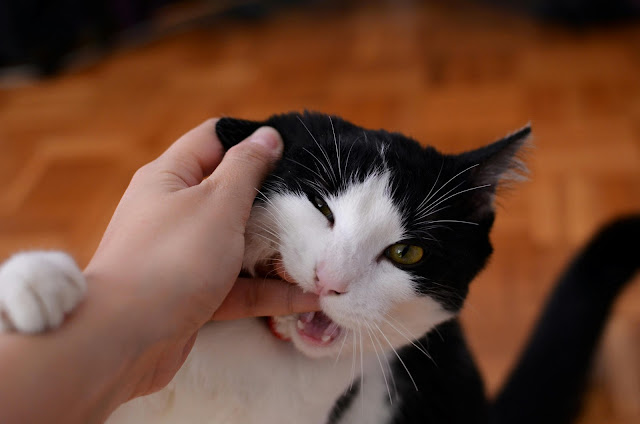The Importance of Spaying or Neutering Your Cat
The Importance of Spaying or Neutering Your Cat
What is Spaying and Neutering?
- Spaying involves surgically removing a female cat’s ovaries and uterus to prevent her from becoming pregnant.
- Neutering involves the removal of a male cat’s testicles to prevent him from fathering kittens.
Both procedures are safe, common, and typically done when the cat is between 5-6 months old. However, older cats can be spayed or neutered too, with similar benefits.
Why Spaying or Neutering is Important
Prevents Overpopulation
Every year, millions of cats end up in shelters due to overpopulation. Many are euthanized because there simply aren’t enough homes. By spaying or neutering your cat, you’re helping to reduce the number of unwanted litters, which ultimately decreases the strain on animal shelters and the risk of homeless cats.Health Benefits
Spaying or neutering offers significant health advantages for your cat:- For Females: Spaying eliminates the risk of uterine infections and reduces the chances of breast cancer, which is often fatal in cats. It also prevents life-threatening conditions like pyometra, a severe uterine infection.
- For Males: Neutering reduces the risk of testicular cancer and can help prevent prostate problems. Neutered males are also less likely to roam, reducing the risk of accidents, such as getting hit by a car or involved in fights with other animals.
Behavioral Improvements
- For Females: Unspayed females go into heat several times a year, often displaying loud yowling, restlessness, and spraying to attract males. Spaying eliminates these behaviors.
- For Males: Neutering helps reduce aggressive behavior, marking territory by spraying, and the tendency to roam in search of mates. Neutered males are typically calmer and more affectionate.
Spaying and neutering can improve your cat's behavior, making them easier to live with:
Prevents Unwanted Behaviors
Unaltered cats often engage in behaviors that can be disruptive:- Spraying: Male cats, in particular, mark their territory with a strong-smelling spray. Neutering reduces or eliminates this behavior.
- Roaming: Unneutered males are more likely to roam far from home, increasing their risk of injury, fights, or getting lost. Neutering helps keep them close to home and safer.
- Aggression: Unspayed or unneutered cats may display more aggressive tendencies toward other pets or even their owners. Altering them can reduce this aggression, making for a more peaceful household.
Financial Benefits
While the cost of spaying or neutering may seem like an expense, it is far less expensive than the cost of caring for a litter of kittens or treating medical issues related to reproductive cancers, infections, or injuries caused by fights. Many communities also offer low-cost or even free spay/neuter programs.Contributes to a Healthier Community
Stray and feral cats contribute to the spread of diseases and can have a negative impact on local wildlife, especially birds. By spaying or neutering your pet, you help reduce the stray cat population, which in turn promotes a healthier, safer environment for everyone.
When to Spay or Neuter Your Cat
The ideal time to spay or neuter your cat is around 5-6 months of age. However, kittens as young as 8 weeks can safely undergo the procedure. If your cat is older and has not yet been spayed or neutered, it’s never too late—older cats can still benefit from the procedure and the associated health and behavioral improvements.
Common Myths About Spaying and Neutering
"My cat will become overweight."
Spaying or neutering does not cause weight gain. Cats can become overweight due to overfeeding or lack of exercise, regardless of their spay/neuter status."It’s better to let my female cat have one litter before spaying."
There is no medical or behavioral benefit to letting a female cat have a litter before spaying. In fact, spaying before the first heat can significantly reduce the risk of certain cancers."It’s a painful procedure."
Spaying and neutering are routine surgeries performed under anesthesia. Your cat may experience mild discomfort afterward, but most cats recover quickly and resume normal activities within a few days.
.png)


.jpeg)



